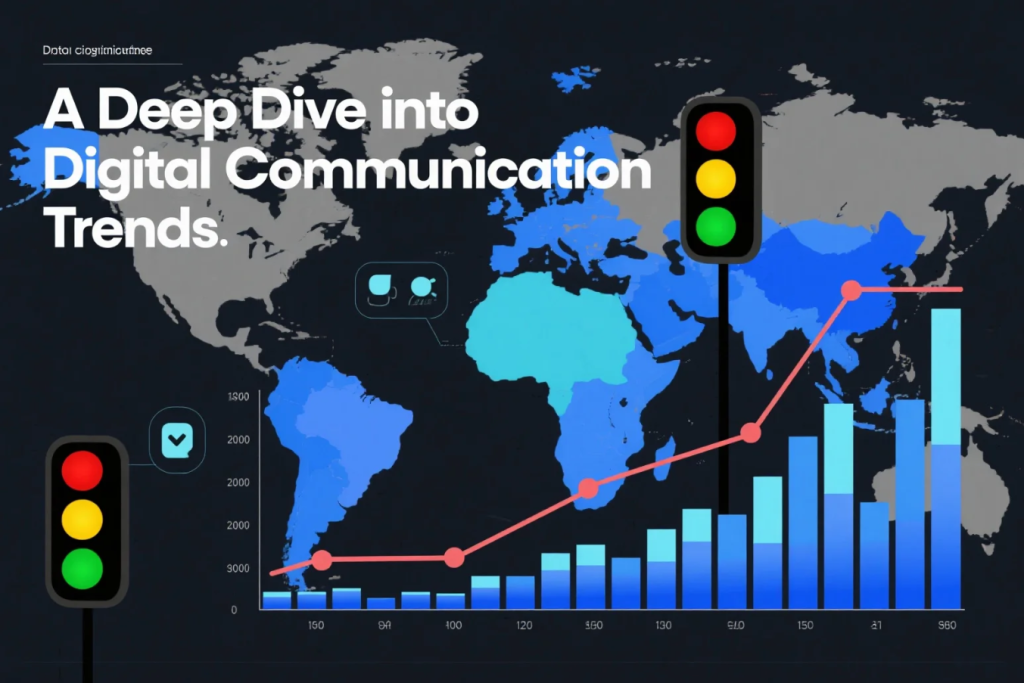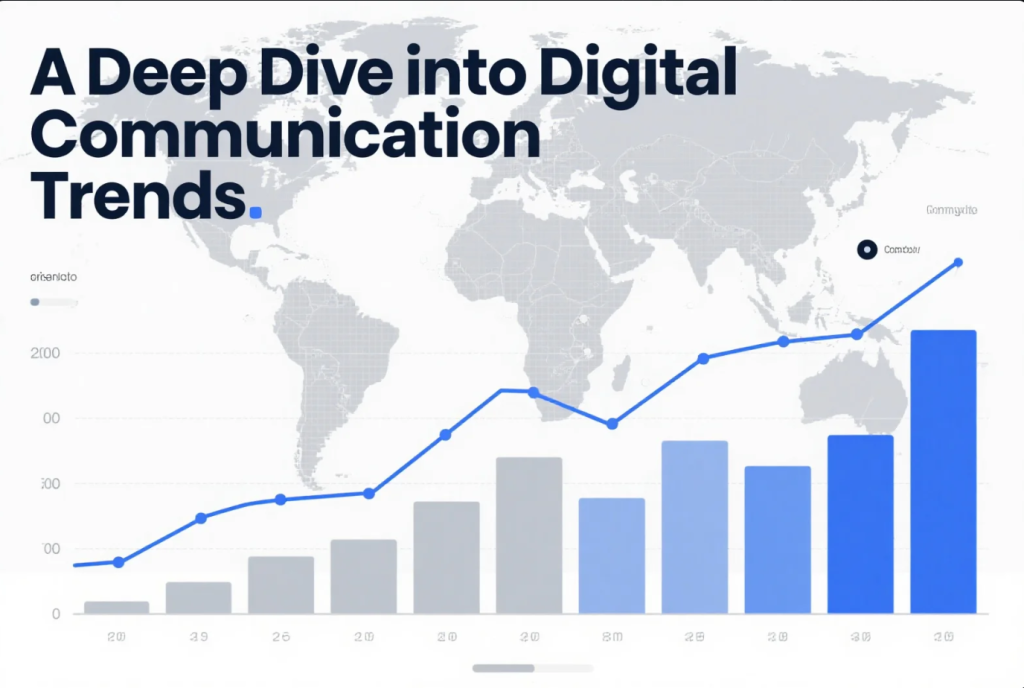The rise of the internet has transformed not only how we communicate but also what and how we say things. Internet slang is no longer just a set of quirky abbreviations; it’s a sophisticated, evolving language ecosystem that shapes digital interaction worldwide. This article takes a unique approach — exploring the psychology behind why we use internet slang, the different categories it falls into, and how mastering it can improve your digital literacy and social connections.
Why Do We Use Internet Slang? A Psychological Perspective
To truly decode internet slang, it’s essential to understand the why behind it. Psychologists and linguists agree that slang serves several psychological and social functions online:
1. Enhancing Group Belonging and Identity
Language builds social bonds. Using internet slang helps individuals feel connected to a community. For example, gamers using terms like noob or pwned signal their participation in gaming culture. This linguistic belonging reduces feelings of isolation in a vast online world.
2. Managing Online Social Norms
Slang can signal politeness, sarcasm, or playfulness, helping people navigate the ambiguous social cues of text communication. For instance, JK (just kidding) clarifies that a potentially offensive comment is humorous.
3. Increasing Message Efficiency and Impact
In fast-moving conversations, slang allows users to communicate ideas succinctly while adding emotional weight. Saying FOMO instead of “fear of missing out” saves time but also conveys cultural meaning quickly.
Categorizing Internet Slang: Types and Examples
Internet slang is diverse, and understanding its categories helps decode messages more easily. Here are some major types:
Abbreviations and Acronyms
- Examples: LOL (laugh out loud), BRB (be right back), SMH (shaking my head)
- These save typing time and express reactions rapidly.
Lexical Innovations
- New words or phrases invented online, e.g., stan (overenthusiastic fan), ghosting (cutting off communication), sus (suspicious).
- These reflect modern social dynamics.
Emotive and Expressive Slang
- Words expressing feelings uniquely, e.g., yeet (an excited throw), salty (being bitter), savage (bold or ruthless action).
- These add personality and tone.
Internet Meme Language
- Phrases originating from viral memes or videos, e.g., big yikes, it’s the ___ for me, no cap.
- Their meaning often depends on cultural context.
Visual/Emoji Slang
- Combining words with emojis to enhance meaning, e.g., “That’s fire 🔥” means “awesome,” or “I’m dead 💀” means “I’m laughing a lot.”
- This creates multi-layered messages.
How Internet Slang Varies by Platform and Community
Each online platform has its own slang dialect influenced by its user base and purpose:
- Twitter: Concise and witty slang thrives here due to character limits — think TL;DR (too long; didn’t read), receipts (proof), or ratio’d (being overwhelmingly criticized).
- TikTok: Trend-driven slang flourishes, often revolving around challenges, dances, or viral sounds (cheugy, glow up).
- Discord & Gaming Communities: Specialized jargon includes GG (good game), nerf (weaken), or lag (internet delay).
- Instagram: Hashtag slang and influencer-driven terms like FOMO, boujee, or extra dominate.
- Reddit: Mixes formal and informal language, with slang often tied to specific subreddits, e.g., TL;DR, OP (original poster).
How to Decode Internet Slang Efficiently
If you’re new to online slang or want to improve your digital fluency, try these practical steps:
Step 1: Observe Without Pressure
Spend time reading comments, tweets, or chat rooms to see slang in natural use without feeling pressured to immediately respond or use it.
Step 2: Ask and Clarify
If unsure, ask someone you trust in that community what a term means or check slang dictionaries online.
Step 3: Practice in Context
Try using new slang in informal conversations or posts where mistakes won’t cause misunderstandings.
Step 4: Keep Up with Trends
Slang changes fast, so follow social media trend reports, YouTube explainers, or subreddits dedicated to language and culture.
The Risks of Misusing Internet Slang
While slang can enhance communication, incorrect use can backfire:
- Misinterpretation: Using slang incorrectly may confuse or offend others. For example, calling someone sus in a serious discussion might seem disrespectful.
- Cultural Insensitivity: Some slang has racial, gender, or cultural origins that outsiders might misuse or appropriate unintentionally.
- Professional Image: Overuse of slang in formal or professional settings can appear unprofessional or immature.
- Generational Disconnect: Older adults may misunderstand or disapprove of slang, so adapting language to your audience matters.
Internet Slang and Its Influence on Modern Language

Internet slang is not a passing fad — it’s reshaping language worldwide in many ways:
- Accelerated Word Evolution: New words arise and spread faster than ever. Some may enter mainstream dictionaries in record time.
- Blurring Formal-Informal Lines: The internet erodes traditional language boundaries, leading to more casual communication even in semi-formal contexts.
- Cross-Cultural Linguistic Exchange: Slang borrows heavily across languages and cultures, enriching vocabularies globally.
- Creative Language Play: The internet encourages humor, irony, and creativity in language use, influencing writing styles in other media.
Embracing Internet Slang as a Dynamic Communication Tool
Internet slang represents the evolving nature of human communication in a digital age — playful, rapid, and culturally rich. Decoding it requires openness, curiosity, and cultural awareness. Mastering internet slang can deepen your connection to online communities, enhance your digital literacy, and make your online presence more engaging and relatable.
By seeing internet slang not as a barrier but as a bridge, you can navigate the digital world with confidence and style. Stay curious, keep learning, and enjoy the vibrant language of the internet!

